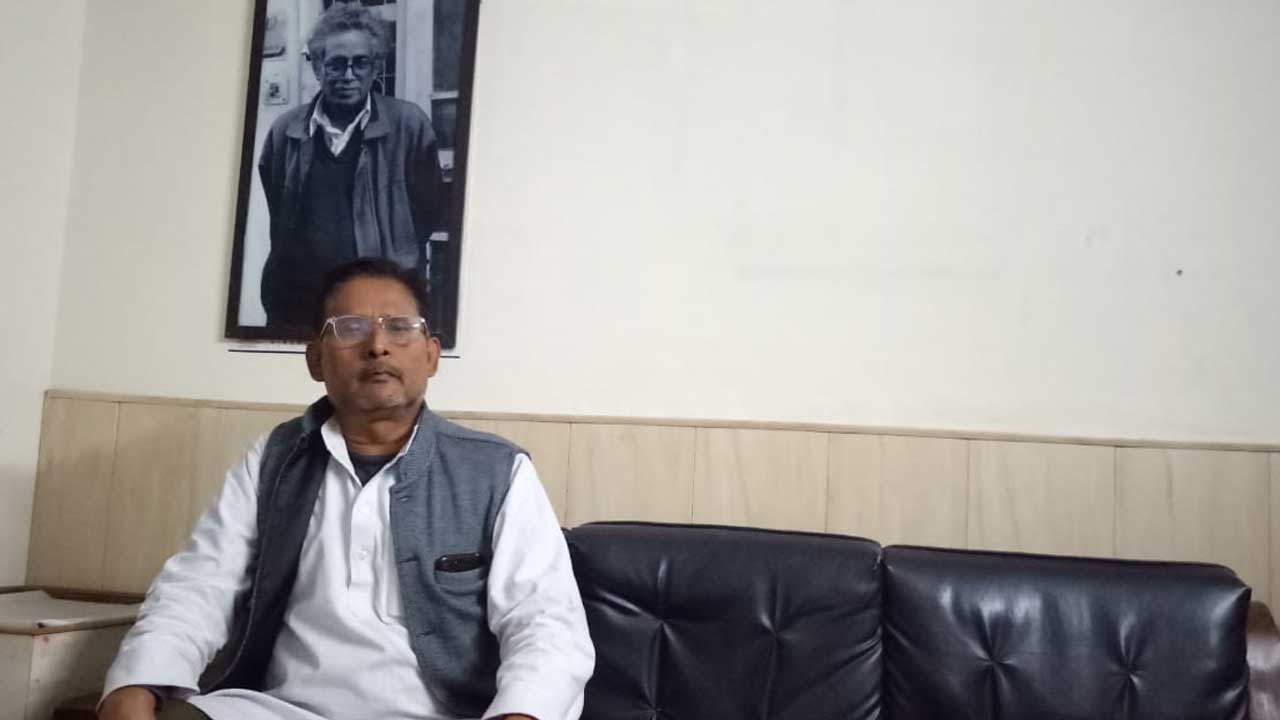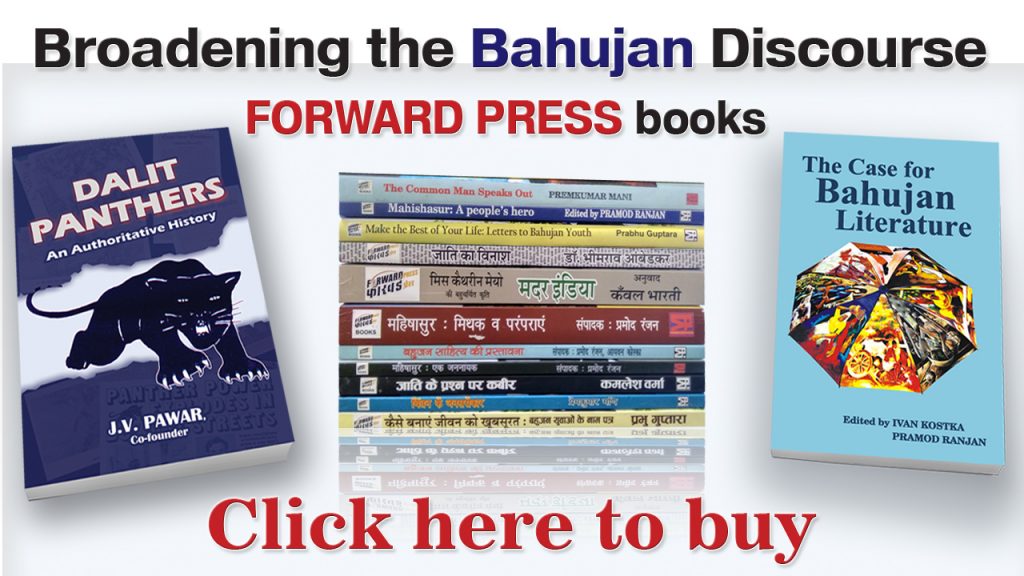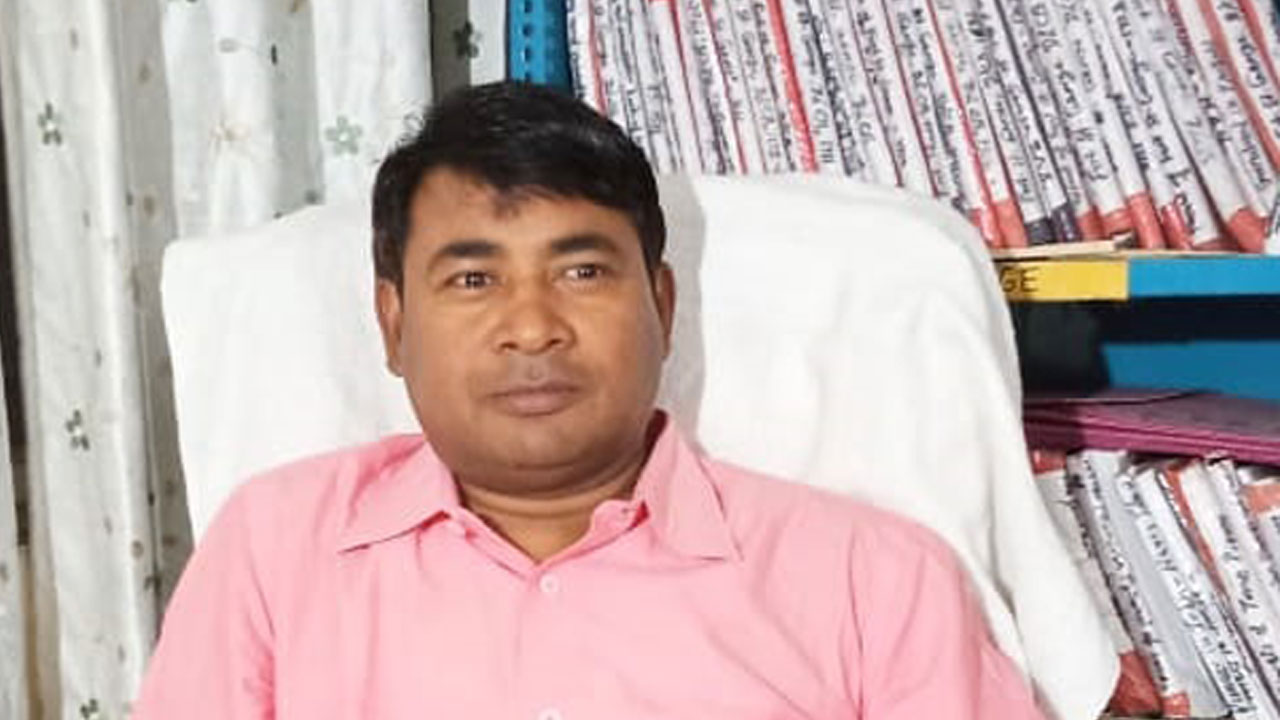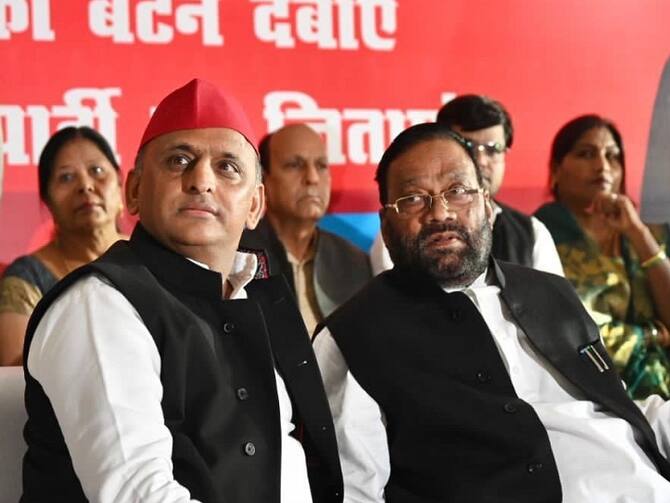On 19 November 2021, Prime Minister Narendra Modi announced that his government will be repealing the three contentious farm laws. This is being touted as a momentous decision. Is the move merely an election gimmick or will it really be a game changer for the peasants of India? What role did the small farmers and farm labourers from Dalit and OBC communities play in the movement against the farm laws and what are the issues facing them now? Dhirendra Jha, national president of Akhil Bharatiya Khet Evam Grameen Mazdoor Sabha, spoke with FORWARD Press Hindi Editor Nawal Kishore Kumar. Edited excerpts:
What is your first reaction to Prime Minister Narendra Modi’s announcement regarding repeal of the farm laws?
It is certainly a big victory. The entire farming community had forged a joint front to oppose the pro-corporate policies of the Modi dispensation and their victory has proved that even a fascist government has to bow before a mass movement against any measure. In this sense, it is a major victory. I salute all those who had joined the protest. But this victory is not complete. Many battles lie ahead. For instance, a new law is needed to ensure that the farmers get the Minimum Support Price (MSP) for their produce. Also, the way the corporate sector is interfering with policymaking shows that the danger looming large over the food-producers has far from receded. Then, there are issues related to farm labourers and small and tenant farmers.
Farmers’ bodies say they don’t have faith in the prime minister. They say that their stir will continue till Parliament repeals the law. Why this trust deficit?
The reason is very clear. The Narendra Modi government has lost its credibility. The farmers, the labourers, the students and the youth of the country have realized that this is a government of “jumlas”. Just see what this shameless government did to crush the movement. Seven hundred farmers lost their lives. Trenches were dug on the roads to stop the farmers. Barbed wire fences were erected around their protest venues. Roads were studded with sharp nails. Farmers were run over by vehicles. The entire country saw all this.

Your organization talks about Khet Grameen Mazdoor (rural agricultural labourers). How do you define them?
In different states of the country, farming is done in different ways. Farming in Punjab is different from farming in Haryana and Uttar Pradesh. It is different in Bihar. Similarly, issues related to farming are different in Assam, Jharkhand, Tamil Nadu and other states. But what we need to see is who it is that does farming. Whether it is Bihar or in Punjab, the actual tillers are small farmers, tenants and farm labourers. These 60 per cent people have the entire responsibility of farming – right from sowing to harvesting. They should get proper wages, their interests should be protected. Our organization works for these labourers and farmers.
From which social background do these people come?
There is little doubt that the 60 per cent of the population that sustain Indian agriculture are Dalits and Backwards. Most of them are landless. A large number of them don’t even have land to build their houses on. I will tell you about Bihar. The situation there is very bad. A majority of farmers have small holdings. Farming is no longer profitable. But still, people do farming by renting land. They do not get the benefits of any scheme of the central government or the state government. In Bihar, the Bandopadhyay Commission had recommended that agricultural land should be provided to landless farm labourers. It said that the tenant farmers should also have some, albeit limited, rights on the land they till. The commission argued that if the farm labourers were given even limited land rights, they would work harder and that would increase agricultural productivity and, in turn, benefit them economically. Land reforms are also important. Our fight will continue. We want land reforms. We want the prices of fertilizers and seeds to be brought down. We want the farmers to get a fair price for their produce. So, we will continue our fight.
Do you think the farmers’ movement underway in the country is also about the issues facing these farm labourers?
We have to concede that this movement is being led by farmers who are engaged in farming. Initially, the issues of the small and landless farmers were not on the agenda of the movement. But gradually, the top leadership of the movement included them. This is very important. It matters a lot. The central government kept saying that this is a movement of big farmers. Its objective was to belittle the movement. But the leadership of the movement included all sections of farmers in their fold. Later, the people realized that if the farm laws were implemented, it would adversely impact their right to food. The Public Distribution System would become a thing of the past. That was how this movement expanded and ultimately, the government was forced to withdraw the laws.
Now that the laws are being repealed, do you think the danger is over?
No, I cannot say that. The reason is that this is a pro-corporate government. Narendra Modi will have to explain how Food Corporation of India (FCI) godowns and lands were handed over to Adani. In Punjab, government mandis are still functional. But in Bihar, the government shut down the mandis way back in 2006. Bihar has scripted a record in maize production. But it is not being purchased by the government. Paddy and wheat are also not being purchased either. So, there are problems galore. But I feel that the success of the farmers’ movement will bring these issues to the fore.
It is being said that the Union Government’s decision is prompted by electoral considerations. Do you think the movement and its outcome will impact the elections?
Surely, they will. The people have risen up against Narendra Modi. The people are opposing the decisions of the government. Also, see how the farmers and others are suffering due to the price rise, which is the creation of this government. The prices of petrol and diesel have shot through the roof. Fertilizers and seeds have become costlier. Tilling the fields costs more now. The farmers do not get adequate prices for their produce. This is the story everywhere in the country. The people are sick of the pro-corporate policies of the government. The government has decided to withdraw the laws due to electoral considerations. If it didn’t do so, the movement would spread to the rest of the Hindi belt.
Last question. If the government repeals these laws in the winter session of Parliament, how will things unfold?
I have already said that farming is done in different ways in different parts of the country. There are wide variations and there are challenges everywhere. Small farmers have different problems. Landless farmers face a distinct set of challenges. Their livelihood is threatened. The real character of this government lies exposed before the people. The farmers have realized that the government is doling out Rs 6,000 to them with one hand and taking away Rs 60,000 with the other hand by hiking the prices of petrol, diesel, seeds and fertilizers. I feel that this movement will become wider. And the Bharatiya Janata Party (BJP) will have to pay the price for suppressing it. The people will no longer remain silent.
(Translation: Amrish Herdenia; copy-editing: Anil)
Forward Press also publishes books on Bahujan issues. Forward Press Books sheds light on the widespread problems as well as the finer aspects of Bahujan (Dalit, OBC, Adivasi, Nomadic, Pasmanda) society, culture, literature and politics. Contact us for a list of FP Books’ titles and to order. Mobile: +917827427311, Email: info@forwardmagazine.in)
The titles from Forward Press Books are also available on Kindle and these e-books cost less than their print versions. Browse and buy:
The Case for Bahujan Literature
Dalit Panthers: An Authoritative History







